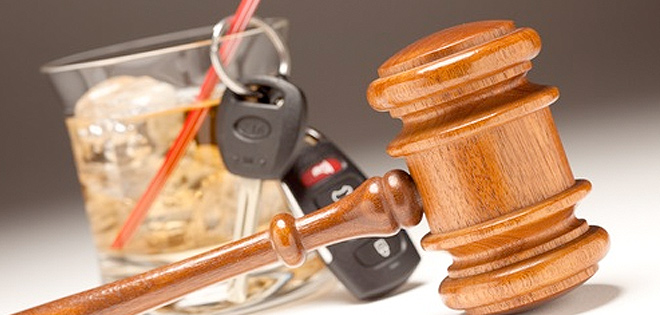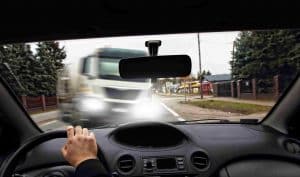Since last year, the way PennDOT has handled the suspension of operating privileges of those convicted of a DUI offense has been changing. Previously, the use of an ignition interlock device, (sometimes referred to as a “blow and go”) was reserved for those convicted of second and subsequent DUI offenses and the use of the machine was required to be placed in the offender’s vehicle after the full suspension term was served. Over the last year though, Pennsylvania has gradually rolled out new regulations governing the use of the device.
Changes already in effect allow those convicted of a first offense DUI to be immediately eligible for an ignition interlock license and depending on a person’s blood alcohol content (BAC), it could be required. Those convicted of second or subsequent offenses are eligible after half of their suspension is served. The same holds true for suspensions resulting from a refusal of a requested blood test under Pennsylvania’s implied consent laws, eligibility for an ignition interlock license begins halfway through the suspension.
A person convicted of second and subsequent DUI offenses will still have the mandatory one year requirement of having to drive with the ignition interlock license, however all time spent with the ignition interlock device installed is credited toward the mandatory period. By way of an example, previously a person convicted of a second or subsequent offense could be subject to an eighteen month suspension of their operating privileges followed by a mandatory one year requirement that they possess an ignition interlock license. Under the new law, a person facing the same suspension terms is eligible to receive the ignition interlock license nine months into their suspension and will receive credit towards the mandatory one year ignition interlock requirement for any time spent with the license, thereby having full driving privileges restored nine months earlier than previously allowed.
The quirk in the law was that offenders who entered the Accelerated Rehabilitative Disposition program (ARD), a pretrial diversionary program that results in a dismissal of charges, were not eligible for the ignition interlock license, while those who are convicted were eligible for the license. License suspensions due to the ARD program are for either thirty or sixty days depending on the BAC of the driver. With the last wave of changes, those placed into ARD can apply for an ignition interlock license and no longer face the challenges of being unable to drive to work, school or anywhere else.
Most courts had previously collected driver’s licenses upon the entry of a guilty plea or conviction, the imposition of sentence or the entry into ARD. This would have made the benefits of the ignition interlock license to ARD participants minimal, since the suspension would be served or almost served by the time the ignition interlock license was granted and the device installed in the vehicle.
Fear not, the new law fixes this issue as well. Courts are no longer permitted to collect driver’s licenses. Under the new law, either the court or the prosecutor must inform the offender that a license suspension will be imposed and that they will receive a letter from PennDOT detailing and imposing the suspension. A person is now free to drive until the letter from PennDOT is received informing him or her of the effective date of the license suspension, giving the person adequate time to apply for the ignition interlock license and have the ignition interlock device installed prior to the suspension taking place.
It is extremely important to note that, although the ignition interlock license gives a person the ability to drive anywhere, anytime, the person may only drive a vehicle with the ignition interlock device installed. If a person with an ignition interlock license is found to be driving a vehicle without the device installed, criminal penalties and a further license suspension will result. There are certain exceptions for employer owned vehicles and the ignition interlock license is not available for CDL holders.
If you find yourself facing driving under the influence or criminal charges, the possibility of a driver’s license suspension or any other legal issue, you can Count on Mooney to protect your rights, protect your reputation and to protect your name. With 14 offices spread throughout Central Pennsylvania and Northern Maryland, we bring our law firm close to you. Contact us today for a consultation at 833-MOONEYLAW.



